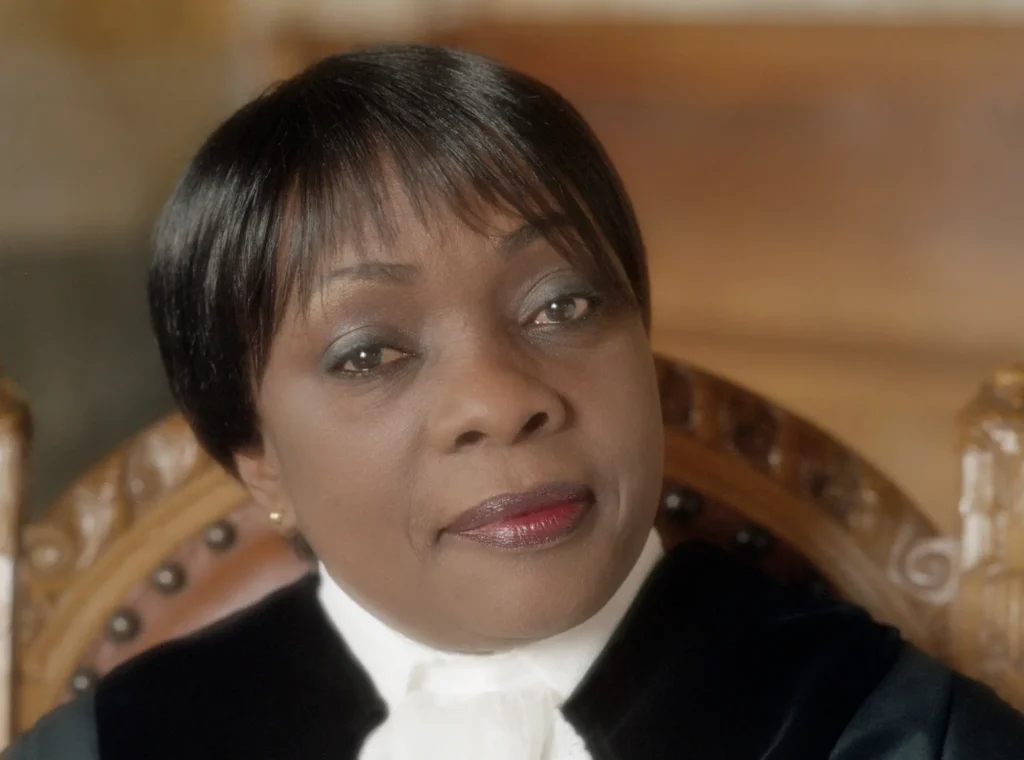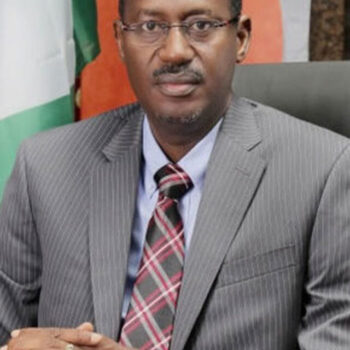Kampala, Uganda | NOW THEN DIGITAL — Justice Julia Sebutinde, aged 69, made history as the first African woman elected as Vice President of the International Court of Justice (ICJ). Her tenure on the court dates back to 2012.

Expressing her joy at the appointment, Sebutinde highlighted the resounding vote of confidence she received from her colleagues at the Hague-based court. The support from partner states underscored her satisfaction.
Sebutinde, holding the position for a three-year term, adds another milestone to her career as the initial African woman at the ICJ. However, controversies have surrounded her, notably in her dissenting judgment on the Israel-Palestine conflict at the ICJ.
In this divisive ruling, she argued that the dispute is fundamentally political, beyond the court’s jurisdiction. This stance diverged from the South African government’s position seeking redress on the matter.
Uganda’s Ambassador to the United Nations, Adonia Ayebare, publicly distanced the government from Sebutinde’s decision, emphasizing it does not reflect Uganda’s stance on the Palestine situation.
Before her ICJ role, Sebutinde served as a Judge at the special court of Sierra Leone from her appointment in 2007. Notably, she presided over the case of Liberian leader Charles Taylor, who was convicted on multiple counts, including crimes against humanity.
During these proceedings, Sebutinde faced a challenge when Taylor’s representative, Courtenay Griffiths, walked out in disagreement with the Judges. Sebutinde, upholding her dissenting principles, refused to partake in the disciplinary hearing against Griffiths.
Beyond her professional life, Sebutinde is married to John Bagunya Sebutinde and has two daughters. Her educational journey includes attending Lake Victoria Primary School, Gayaza High School, Kings College Buddo, and pursuing a law degree at Makerere University in 1977.
To further her legal expertise, she obtained a diploma in legal practice at the Law Development Centre in 1978 and a Master of Laws from the University of Edinburgh in 1991. In 2009, the University of Edinburgh recognized her contributions to international justice with an honorary doctorate of laws.
DETAILS TO FOLLOW….

















